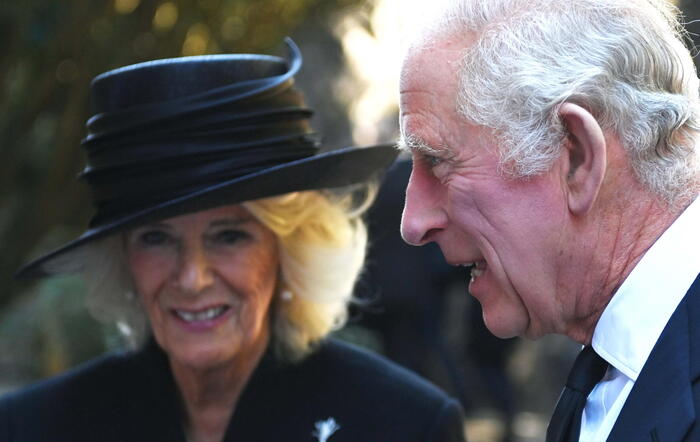In the solemn coronation of King Charles III and queen consort Camilla on May 6, the latter may not receive the traditional crown made for the Queen Mother in 1937 in order to avoid a diplomatic confrontation with India.
As we read in the media of the United Kingdom, in fact, it contains the Koh-i-Noor, one of the largest diamonds in the world with its 105 carats, and above all at the center of a political and legal controversy between the two countries, with many convinced Indians that the gem, discovered in India in the 14th century, was "stolen" during the colonial regime.
The diatribe was resumed on Indian social media after the death of Queen Elizabeth, with many citizens who had asked the New Delhi government to put new pressure on London.
The Koh-i-Noor was acquired by the East India Company after the Anglo-Sikh Wars and presented to Queen Victoria in 1850.
According to a source heard by the Daily Mail in the British royal court, the affair is causing some tension and nervousness as a party spokesman for Narendra Modi, the Indian prime minister, recalled that the use of the crown with the Koh-i-Noor would end up bringing back to the memory "painful memories of the colonial past".

